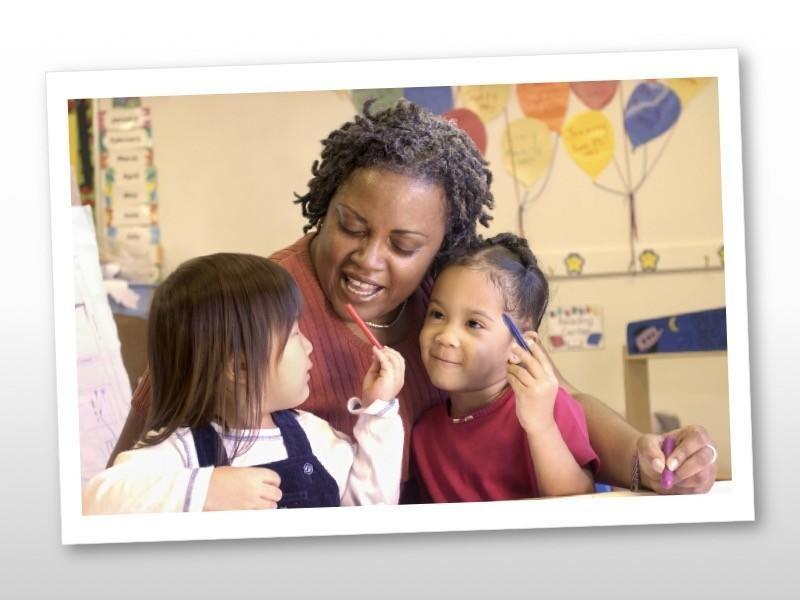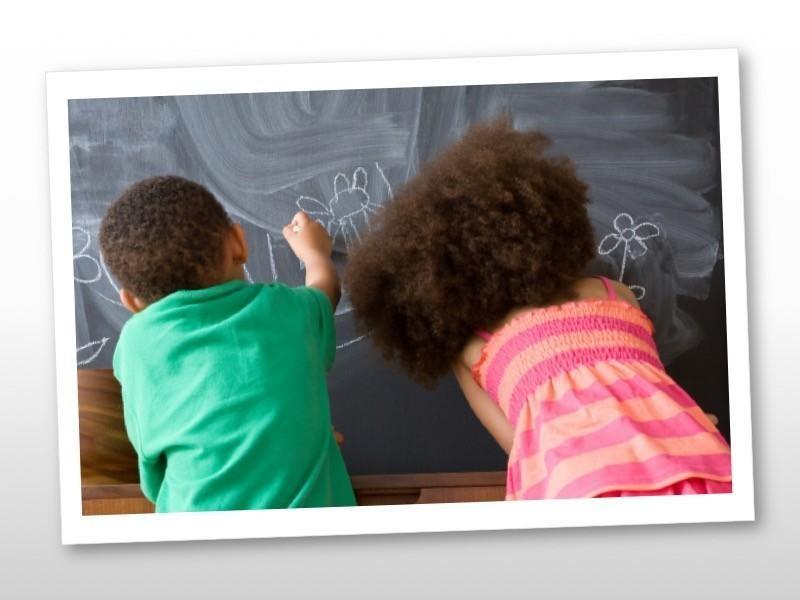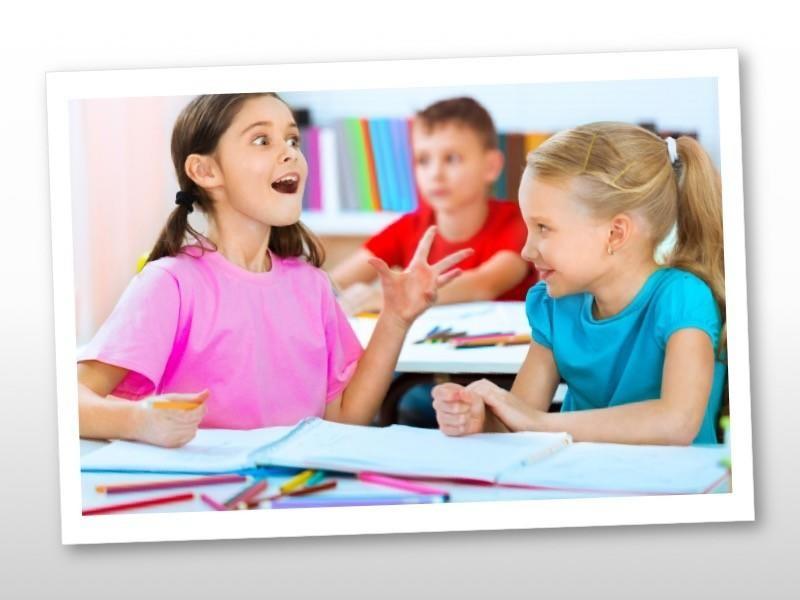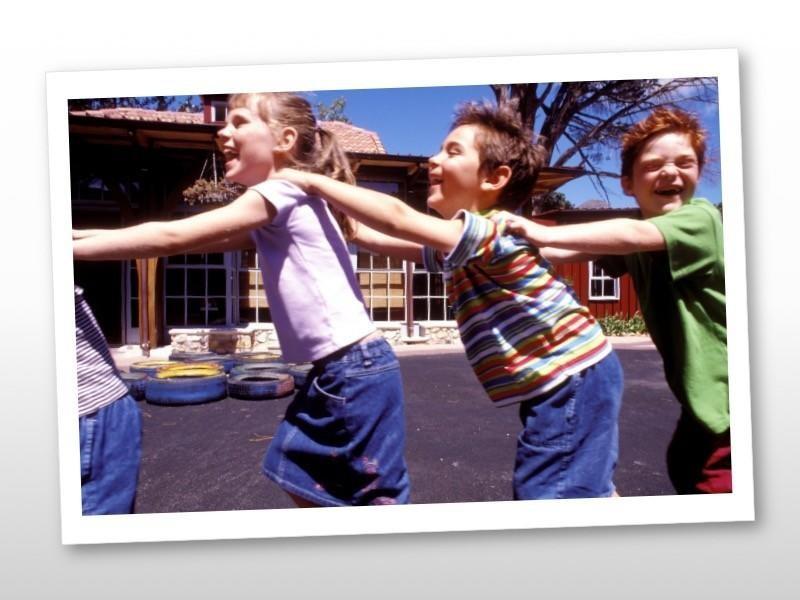Social Skills are a wide variety of behaviors that we engage in to interact and communicate with others. Social skills include
both verbal and nonverbal communication.
Children learn social skills in their homes, schools, and communities. Some children struggle to learn social skills through any
or all of these modalities. Children may struggle to learn social skills for different reasons. Some children have learning or
developmental disabilities, others experience environmental challenges that interfere with their ability to learn appropriate social
skills.
Children who struggle to learn appropriate social skills or who have learned inappropriate social behaviors due to a lack of skills,
may need to be taught explicitly, how to engage in social situations successfully.
Below are the 10 categories of important social skills that I feel children need to have, in order to engage in successful social
relationships during the school day and beyond.
Click on each one to read more about it.
- Compliance
- Conversational Skills
- Flexible Thinking
- Personal Space
- Problem Solving
- Perspective Taking
- Self Advocacy
- Self Regulation
- Teamwork & Cooperation
- Voice Volume & Tone Of Voice
So how can I work on Social Skills during my busy classroom schedule?
I’m glad you asked!

Since any time two or more people are sharing the same space, it is a social experience, the typical school day is filled with opportunities to teach and highlight numerous social skills while you are teaching academic skills.
Let’s face it, teachers today have much more put on their plate than can realistically get done in a given school day. Look for those teachable moments and capitalize on them. It doesn’t always have to take a great deal of time or be a huge disruption to what you are doing. Below are 10 tips that may help you incorporate teaching social skills into the teaching you are already doing.
10 Tips To Teach Social Skills While Teaching Academics
#1 Model Appropriate Social Skills
I know this goes without saying but it is amazing how often we can forget to do this and slip into the mentality of “do as I say, not as I do”
For kids struggling to learn and use appropriate social skills, this can be very confusing. So try to remember to model the very behaviors you want you students to engage in. You know, the list of classroom rules that are hanging on the wall somewhere in your room.

#2 Create opportunities to model Social Skills
You don’t have to wait for an opportunity to present itself, you can always create one.
Do you have a professional aide in your classroom? An O.T, P.T, SLP, Reading Specialist, Math Coach, etc. etc. Any of these folks can help you teach a quick social skills lesson by “acting” out a quick scenario to demonstrate things like conflict resolution, sharing or basic manners.
#3 Compliment Targeted Social Skills
When you see someone using one of your targeted (or any) social skill, give them a public compliment. Make sure everyone knows that you like that behavior. All too often we ignore “good behavior” and react to “negative behavior.” This is reinforcing the wrong thing!
#4 Search For Something Good
Even the most challenging students, need to hear that they are doing something right!
Especially the most challenging students, need to hear that they are doing something right!
Admittedly, this can be difficult, but it’s super important. No child can thrive if they only receive negative messages.
Search for opportunities to compliment the student. It will likely be a really small thing that you would never normally compliment someone on, but that’s okay. Start small and build on it.
*Warning: You need to be sincere, or the compliment will not be meaningful to the student. To do this, you have to make peace with the fact that the student is doing the best he/she can and that you need to meet him/her where they are at.
#5 Plan For Success
Try to plan for situations that will help struggling students practice and experience success, in social situations. Thoughtful partnering and seating arrangements can be very important.
Prepare students ahead of time for things like, play a “win/lose” game. Don’t avoid it, but prepare students for it. Take a moment to practice expected reactions to losing a game or not getting your way in a group decision.

#6 Intervene and teach
When students are not using good social skills, intervene quickly and teach/model the appropriate skill. The student may or may not be able to make the correction in that moment, that’s okay but be sure to teach/model the desired skill/behavior.
#7 Read All About It
There are so many good children’s books that discuss social skills. Reading a story that targets a social skill challenge that one or more of your students is having can be a great way to address the topic without calling out specific children.
This can be a great way to address a social skill challenge with the child who has a difficult hearing about anything he/she has done wrong or the perfectionist.
#8 Create Opportunities To Share, Collaborate and Negotiate
The more opportunities students have to share, collaborate and negotiate with each other, the better.
Go beyond the obvious times to do this (classroom materials and group projects) and create more opportunities as you go about your day.
Can you take a class vote on whether to sit on the rug or at their desks? Can you bring in something special and pass it around for the students to share?
Can you give table groups a question of the day such as, “what is the most common flavor of ice cream” and have them discuss it during snack and report their answer?

#9 Recess Is A Learning Time
So often we think of recess as a free time for children, a break.
While it’s true that recess is just that for many, for some children, recess is a learning time. Some children need guidance and support during recess in order to practice and grow their social skills.
Notice children who are not playing. They may be wandering around but not really playing. If you ask them if they want to play, they often say no, but this is not usually because they don’t want to play. It is usually because they don’t know how to play.
For these children, organized recess games can be very important. Sometimes all it takes is to give the children some ideas for what to play before going out, sometimes you may need to get a game started at the beginning of recess, and sometimes you may need to facilitate the entire game.

#10 Advocate For Explicit Teaching
Some children respond to these interventions really well. Some children will require explicit teaching of individual skills, broken down into small steps, in order to learn them.
It is important to remember that kids generally do well if they can. If they lack skills, they can not do what you what you want them to do no matter how hard they may try.
want to be a brain surgeon, if you do not have the skill, can you do it? If someone really urges you to do it? Can you do it then? How about if someone punishes you for not doing it correctly, could you do it better the next time?
When you have a student in your class who needs explicit teaching in order to gain social skills, please advocate for them to get it.
Explicit teaching could take place during snack, recess, lunch, or during an academic period if it is determined to be a significant need for thestudent.
People who may be qualified to explicitly teach social skills to a student may include a professional aide, a special educator, an SLP, a social worker or a psychologist.
Having good social skills is so important for the individual and their community as a whole. It is something that we can all support with the right tools!
Would you like to have the 10 Tips To Teach Social Skills While Teaching Academics in a PDF?
Sign-up and receive your free resource!

